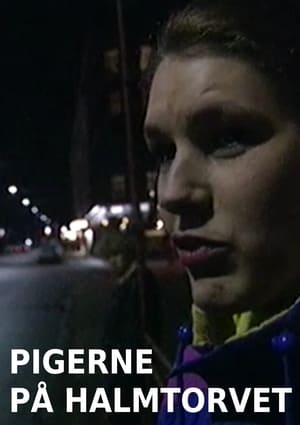Agora Que Eu Sei
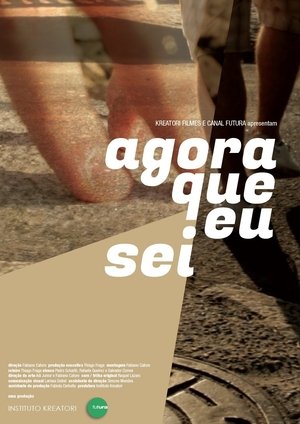
Agora Que Eu Sei
HomePage
Overview
Release Date
2016-06-15
Average
0
Rating:
0.0 startsTagline
Genres
Languages:
PortuguêsKeywords
Similar Movies
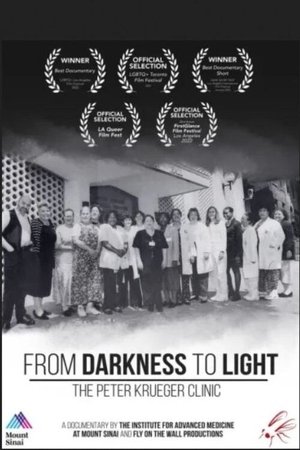 0.0
0.0From Darkness to Light: The Peter Krueger Clinic(en)
A documentary film that tells the story of the Peter Kruger Clinic (PKC) – one of the first HIV/AIDS clinics in the United States, which was established at Beth Israel Hospital in 1989. Started during the height of the epidemic in New York City, PKC boldly stood against the stigma of the disease and served as a beacon of hope and a model of care for those New Yorkers diagnosed with HIV/AIDS. This powerful film traces the clinic’s origins and its impact over the last 3 decades, as told by the patients and staff that have called it home.
 0.0
0.0Stiff Sheets(en)
Stiff Sheets indicts public health officials and politicians for the lack of adequate and humane care for people with AIDS in Los Angeles, this time documenting a mock fashion show staged by ACT UP activists.
Voices of Positive Women(en)
Voices of Positive Women is a ground-breaking documentary examination of the impact of HIV and AIDS on the lives of women working from material published in the book "Positive Women", a collection of personal accounts of women from all over the world living with AIDS and HIV. Bravely sharing their experiences publicly in what until now has been a void of information and support, and in some cases medical and bureaucratic denial that women are even at risk, the nine women presented in Voices of Positive Women speak compellingly on their own terms of their personal struggles for survival and voice.
 0.0
0.0It Will Always End in the End(fr)
Gabriel Drolet-Maguire, a designer living in Montreal, takes us into their artistic world to discuss their HIV diagnosis. This is a timely and hopeful look at past and present day HIV/AIDS activism in Quebec.
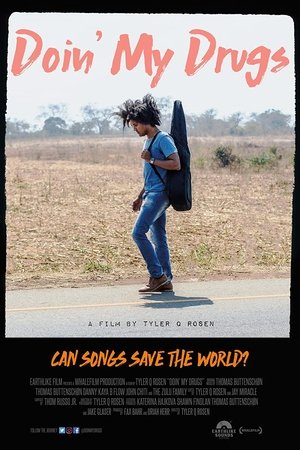 0.0
0.0Doin' My Drugs(en)
The story of musician Thomas Muchimba Buttenschøn - born HIV+ in 1985 - and his crusade to use his music to wipe out AIDS in his native Zambia and beyond.
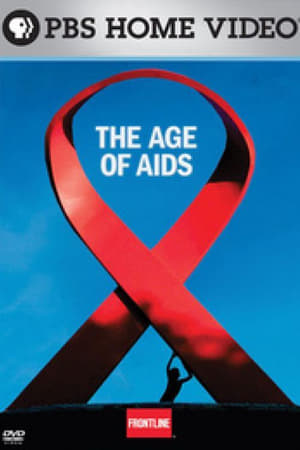 10.0
10.0Frontline: The Age of AIDS(en)
After a quarter-century of political denial and social stigma, of stunning scientific breakthroughs, bitter policy battles and inadequate prevention campaigns, HIV/AIDS continues to spread rapidly throughout much of the world. Through interviews with AIDS researchers, world leaders, activists, and patients, FRONTLINE investigates the science, politics, and human cost of this fateful disease and asks: What are the lessons of the past, and what can be done to stop AIDS?
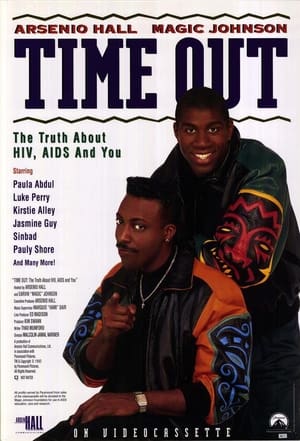 3.9
3.9Time Out: The Truth About HIV, AIDS and You(en)
Join stars Paula Abdul, Luke Perry, Sinbad, Pauly Shore, Jaleel White and many, many more as they take an entertaining, music-filled and honest look at HIV and AIDS. You'll get all the latest facts, important dos and don'ts, and you'll meet some wonderful people. Co-hosts Arsenio Hall and Earvin "Magic" Johnson even hit the court for a little one-on-one, and then take "time out" for an informative heart-to-heart! For people who already know about HIV and AIDS, and for those who don't, TIME OUT is a video you can't afford to miss.
 0.0
0.0Yearning for Sodom(en)
Made during the last months of actor Kurt Raab, who died of AIDS in 1988. Raab, who had worked in both theatre and film, most notably with Fassbinder, was in the process of making a series of video sketches for a new production when he learned that he had AIDS. Despite his deteriorating health, and with the caring support of his friend Hans Hirshmuller, he carried on working. This tape is his last testimony. Awarded with the Adolf Grimme Award and Cinéma du Réel Award
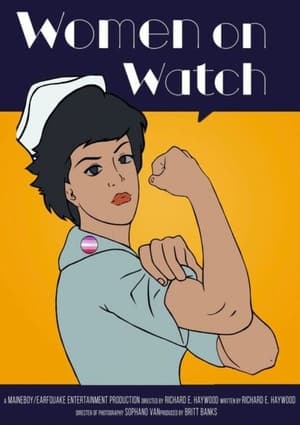 0.0
0.0Women on Watch(en)
A mini documentary about the untold contributions lesbians made during the A.I.D.S epidemic.
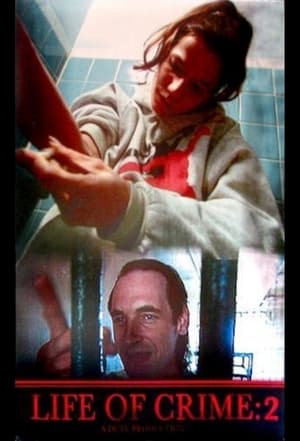 7.0
7.0Life of Crime 2(en)
This follow-up to the 1989 documentary ONE YEAR IN A LIFE OF CRIME revisits three of the original subjects in New Jersey during a five-year period in the 1990s. We share in their triumphs and setbacks as they navigate lives of poverty, drug abuse, AIDS, and petty crime.
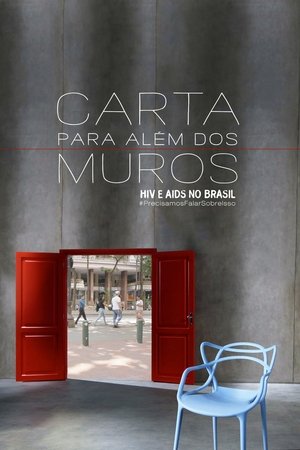 8.2
8.2Letter Beyond the Walls(pt)
Letter Beyond the Walls reconstructs the trajectory of HIV and AIDS with a focus on Brazil, through interviews with doctors, activists, patients and other actors, in addition to extensive archival material. From the initial panic to awareness campaigns, passing through the stigma imposed on people living with HIV, the documentary shows how society faced this epidemic in its deadliest phase over more than two decades. With this historical approach as its base, the film looks at the way HIV is viewed in today's society, revealing a picture of persistent misinformation and prejudice, which especially affects Brazil’s most historically vulnerable populations.
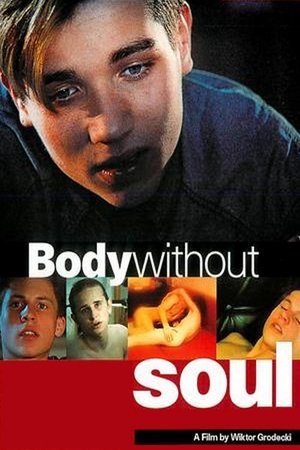 6.7
6.7Body Without Soul(cs)
Documentary look at doomed male prostitutes in Prague, ages 15 to 18, who troll at the public swimming pool, the train station, a video arcade, and a disco. After the boys talk about how they got in the game, the camera follows them to the home of Pavel Rousek. Under the name Hans Miller, he makes gay porno videos, primarily for German distribution. Intercut with a movie shoot chez Rousek is an interview that follows him to his day job at a morgue, where he performs an autopsy as he talks about his work. The sex is without protection; the boys are without family. They talk about their bodies and souls, money, their sexual orientation, AIDS, their dreams, and death.
 6.0
6.0The Salt Mines(en)
Explores the lives of Sara, Gigi and Giovanna, three Latino transvestites who for years have lived on the streets of Manhattan supporting their drug addictions through prostitution. They made their temporary home inside broken garbage trucks that the Sanitation Department keeps next to the salt deposits used in the winter to melt the snow. The three friends share the place known as "The Salt Mines".
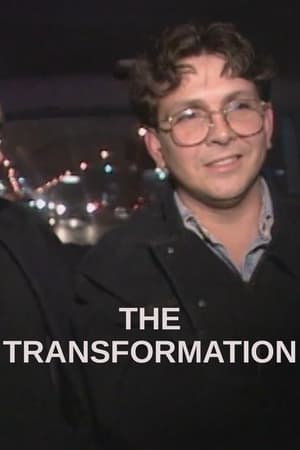 0.0
0.0The Transformation(en)
Ricardo was once Sara, a homeless HIV positive transvestite, living in the underbelly of Manhattan. Today he is a churchgoing, married man, "saved" by a Dallas ministry. He has renounced his homosexuality, but is his conversion complete? Susana Aiken and Carlos Aparicio offer an intimate look at Ricardo's transformation.
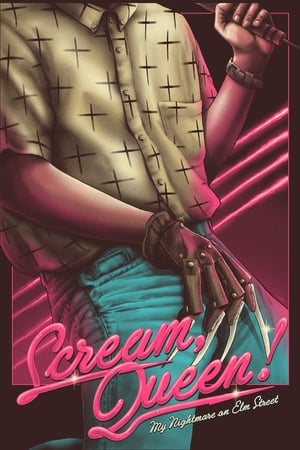 6.6
6.6Scream, Queen! My Nightmare on Elm Street(en)
Mark Patton sets the records straight about the controversial 1985 sequel to A Nightmare on Elm Street, which ended his acting career, just as it was about to begin.
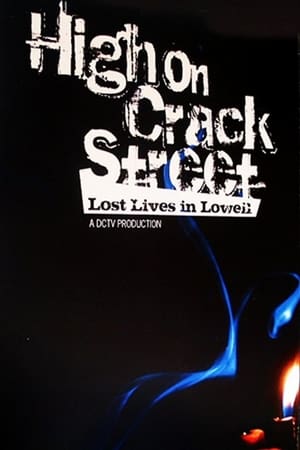 6.7
6.7High on Crack Street: Lost Lives in Lowell(en)
Documents 18 months in the lives of three crack addicts in Lowell, Massachusetts.
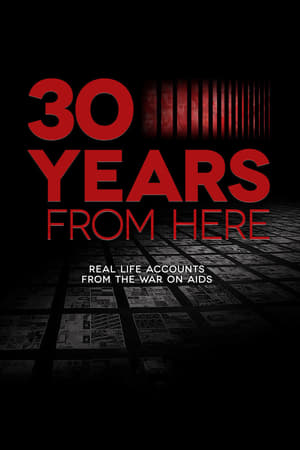 1.0
1.030 Years from Here(en)
The Emmy Award-nominated 30 Years from Here examines the AIDS pandemic over the past 30 years. Activists and medical experts that share stories include Terrence McNally, Larry Kramer, Marjorie Hill, Frank Spinelli, Jerry Mitchell, and Larry Flick.
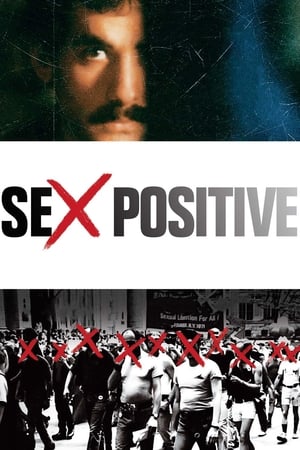 5.3
5.3Sex Positive(en)
Sex Positive explores the life of Richard Berkowitz, a revolutionary gay S&M hustler turned AIDS activist in the 1980s, whose incomparable contribution to the invention of safe sex has never been aptly credited. Mr. Berkowitz emerged from the epicenter of the epidemic demanding a solution to the problem before the outside world would take heed. Now destitute and alone, Mr. Berkowitz tells his story to a world who never wanted to listen.
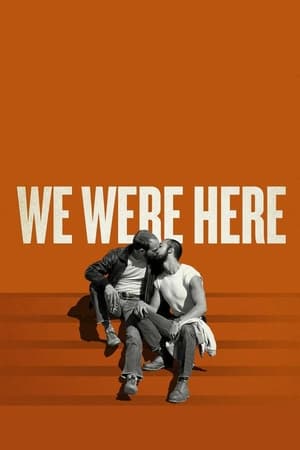 7.0
7.0We Were Here(en)
A reflective look at the arrival and impact of AIDS in San Francisco and how individuals rose to the occasion during the first years of the crisis.
